Watch the Trailer
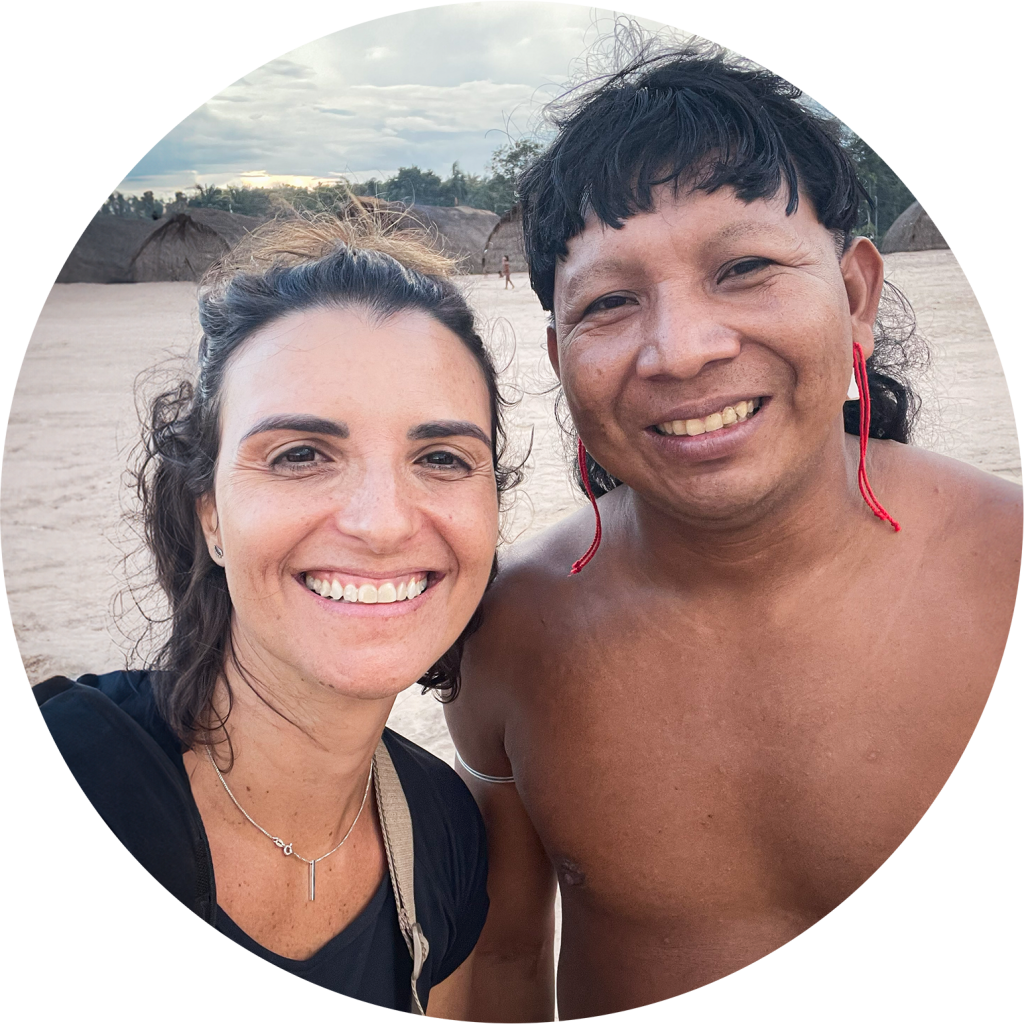


CAROLINE FERNANDES
Carolina Fernandes, director, screenwriter and producer based in Amazonas for 15 years. She worked as assistant director on the film “The Last Forest” (winner of the audience award at the Panorama show at the Berlinale in 2021) and on the film “Ex-Pajé” (awarded at the Berlin Festival in 2018 and at the É Tudo Verdade festival). She directed and wrote the short “Simplicity”, selected at the 20th São Paulo International Short Film Festival.
In the Amazon, she runs the audiovisual production company Banksia Films. His short and feature films were selected and awarded at several national and international festivals. Among them, “Walden” won best Swiss film at the 2018 Zurich Film Festival. “We are Guardians” won the award for best documentary by the public at the 47th São Paulo International Film Festival. “Brazil – A natural History” won best film at the Deauville Green Awards in France in 2016.
Currently as a director and screenwriter, she is finishing her most recent short film “Pirarucu, o respiro da Amazônia” and is in pre-production on her first feature film “Mães da Terra”.
Director's vision
The world is thirsty for new stories. The basket of narratives in the northern hemisphere is tired. It is a time of southern winds, stories of polytheistic and animistic peoples, where myths and logos still live in harmony and conflicts are supernatural. It’s time to tell fantastic stories with characters that carry magical dimensions. The stories and points of view of the people are a source to be revealed.
Banksia Films’ mission is to use cinematic language to produce films that have a function far beyond just entertaining the public. For us, rediscovering the wonders of the planet, telling transformative stories and protecting the natural environment have become inseparable.
Founded in 2009 in Manaus, Banksia Films is a film production company with content for cinema and TV operating in the Brazilian and international audiovisual market offering content creation, production and post-production services for factual entertainment series, high-end entertainment programs profile, reality and observation documentaries. It is recognized in the national and international market for the quality and solidity of its audiovisual projects.
It’s films have been broadcast to television in more than 30 countries, including the BBC, National Geographic Channels, Smithsonian Channel, HBO, Netflix, Facebook Watch, Al Jazeera English, Channel 4, Discovery International, Animal Planet, Canal + FR, France 5, Arte France, Bayerischer RundFunk, Bnnvara, Multishow, SBT and TV Globo. The Banksia Films production team, coordinated by its founding partner Carolina Fernandes, develops projects from editorial research to the integral management of national and international audiovisual productions in the Amazon and other regions of Brazil.

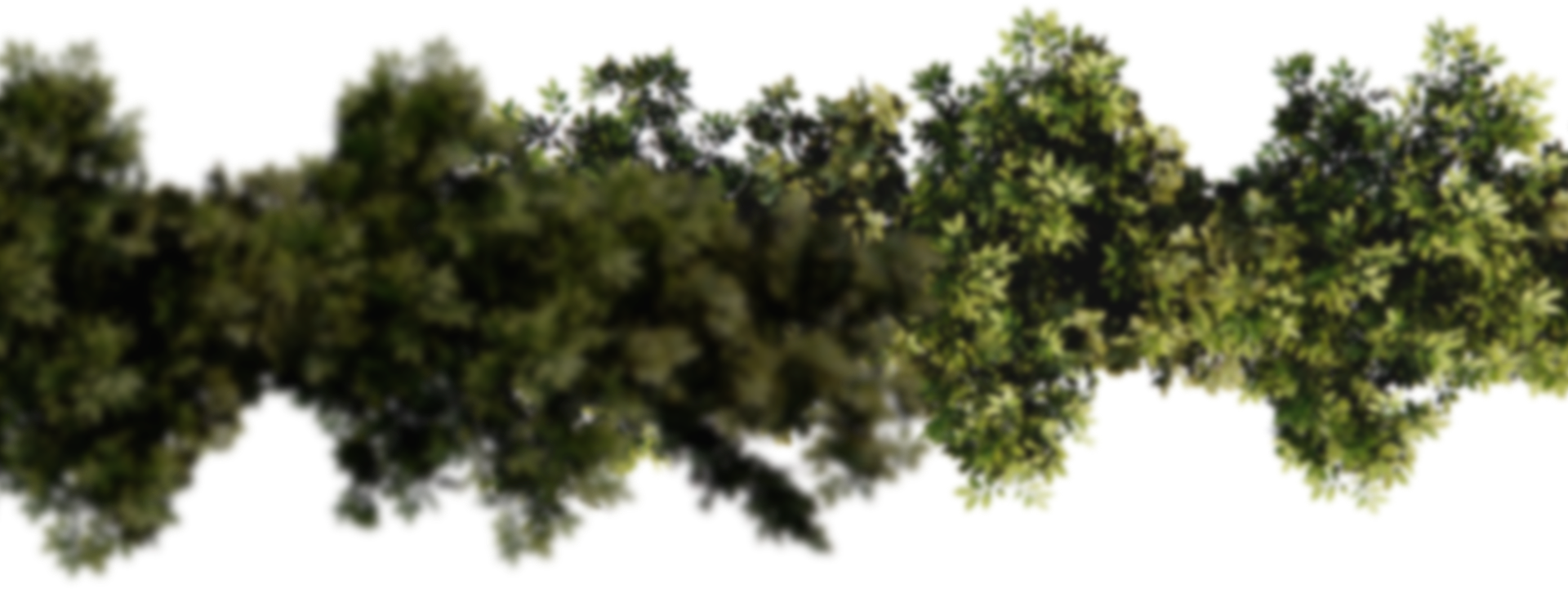
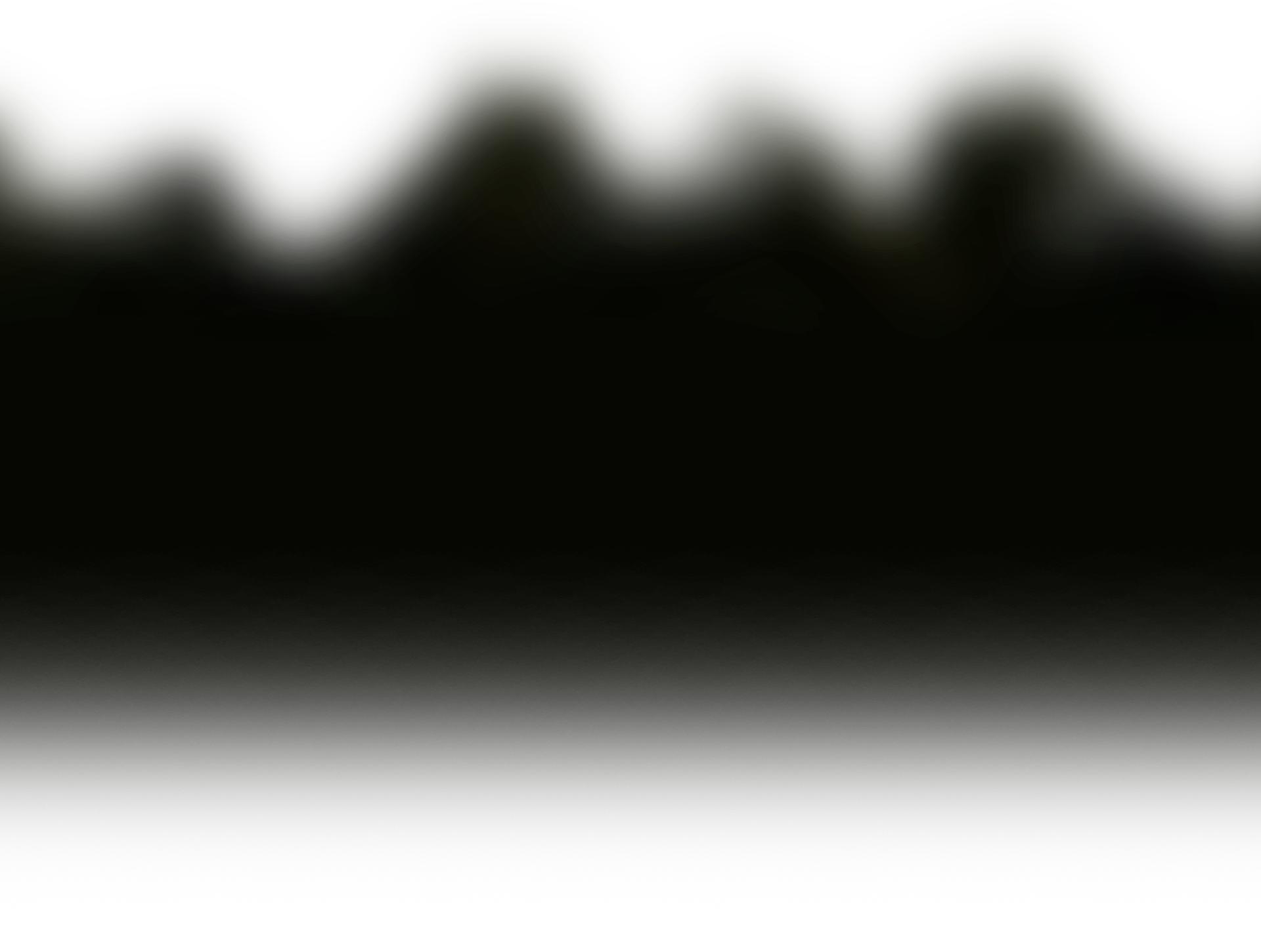

Carol – Author
Directed by: Carolina Fernandes
Screenwriter: Kolarenee Enawe-Nawe and Juliano De Paula – Co Writer… / Luiz Bolognesi?
Desirée Portela – Creative Producer
Technical team [not mandatory]
Desirée Portela – Executive Producer
Director of Photography: Dokotone Enawene Nawe and Pedro J. Márquez
Sound technician: Rodrigo Macedo
Editing: Ricardo Farias
Local Producers: Kawali Enawene Nawe
Ethnographic Consultancy: Indigenousist Fausto Campoli
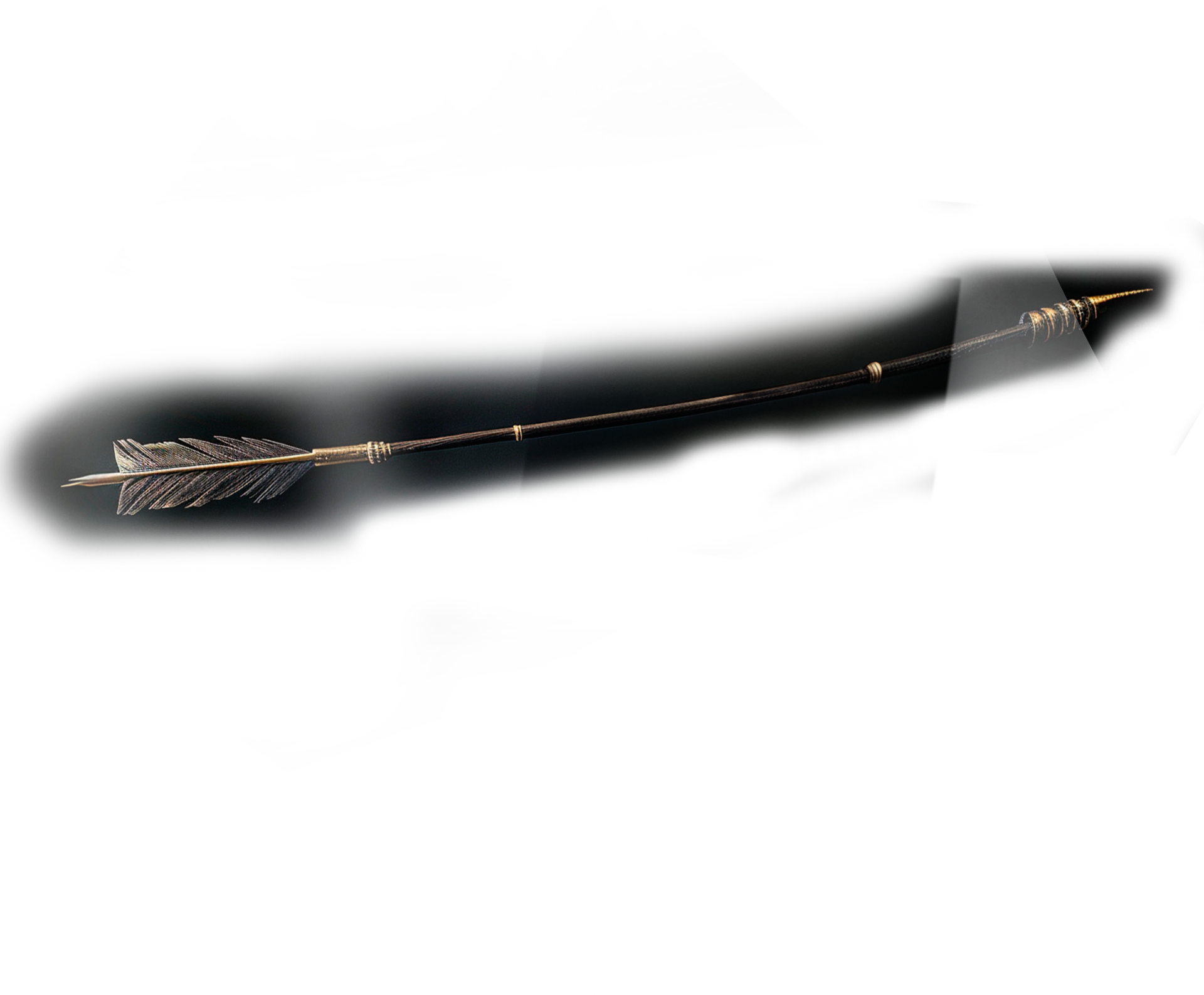
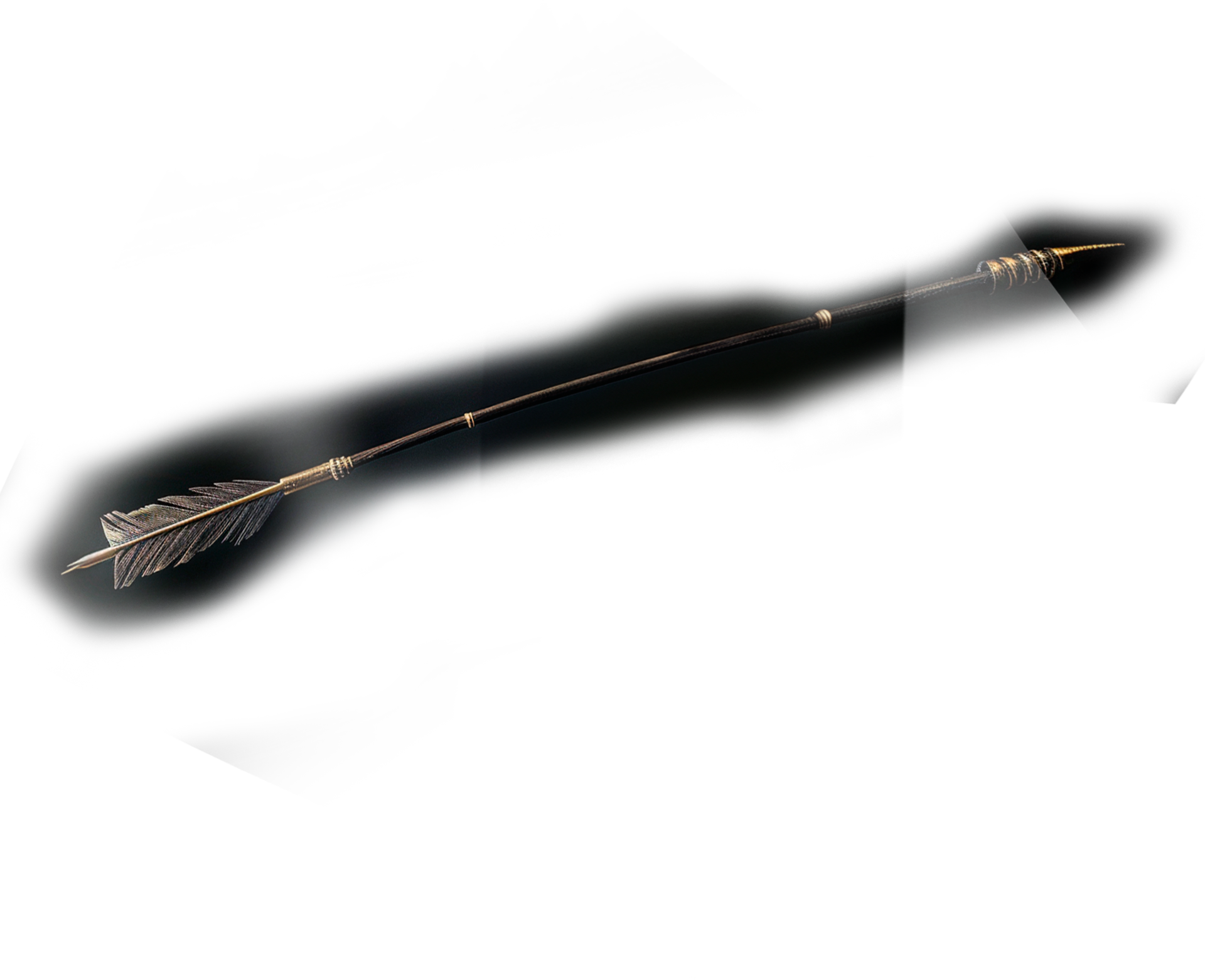
Logline
After a malaria epidemic, the Sotakatares shamans almost became extinct. But a man who did not have the hereditary right to become one of them, learned the sacred chants in secret and saved the cultural memory of the Enawenê Nawê.
SYNOPSIS
The film “Sotakatare” is a contemporary drama about a man who secretly learned the sacred chants and saved the cosmic culture of the Enawene Nawe ethnic group, keeping the balance of the world and the celestial beings satisfied.
The documentary and fiction genres intertwine in this film that portrays the daily life of the Enawene Nawe village and the struggle of its members to preserve it.
The Enawenê-nawê live in a single large village close to the Iquê River, a tributary of the Juruena River, in the northwest of Mato Grosso in the Brazilian Amazon. They are responsible for the balance of the world because they manage to keep the spirits satisfied through offerings in their rituals. Each year they begin a long ritual aimed at underground and celestial beings. During this period the Enawene Nawe sing, dance and offer them food, in a complex exchange of salt, honey and food.
The “sotakatares” are the shamans who hold all the musical knowledge that guides the rituals. This knowledge is transmitted orally from father to son. There are hundreds of songs that a beginner needs to memorize to become a Sotakatare, and this knowledge lasts throughout a Sotakatare’s life as there are more than 2,000 hours of songs that they need to memorize.
“DODOKWI”, our character is not the son of sotakatare and therefore could not be one of them. However, “DODOKWI” was interested in songs from childhood and began to memorize them in secret. Hidden between the holes in the walls of the maloca, he listened to the teachings of his elders and spent the entire morning watching the circles of all the sotakatar clans in their endless dancing and singing. Suddenly a malaria epidemic struck the village and the sotakatars were exterminated. “DODOKWI” then revealed himself to be a great sotakatare and connoisseur of sacred songs. The rituals could continue to be conducted orchestrated by sacred songs, however the mission of the Enawene Nawe to keep the celestial beings satisfied in the Yaokwa ritual still faces many obstacles.
The contamination of its rivers due to pesticides used in soybean cultivation around the territory and the construction of dozens of small hydroelectric plants along the Juruena River led to the extinction of fish in the rivers that bathe the indigenous territory, the lack of food to feed the spirits during the ritual is a direct consequence of the advance of the agricultural industry in protected areas.
The Enawene Nawe fight, day after day, for the appreciation and recognition of the right, which is constitutionally guaranteed to them, to experience their traditions, their language and their ways of being in the world, daily threatened by environmental, economic, territorial and political pressures.
Yaokwa, as a ritual, is a vital component of the universe of Enawene Nawe culture and is today highly threatened, due to the extinction of fish in its rivers and lack of food to feed the spirits during the ritual.
Currently, they are asking for donations of tons of fish from farms and are also involved in purchasing many tons of fish so that the ritual can be carried out. The responsibility for carrying out this ritual is extremely important so that these people can keep the underground spirits controlled and without affecting humanity.
In addition to the fragility of this musical knowledge, the Enawene suffer many threats. The construction of small hydroelectric plants on the outskirts of the Enawenê-Nawê IT already completely affects the ecological dynamics of its aquatic environment, currently the fish in its rivers have become extinct, directly compromising the carrying out of ritual ceremonies, which are of paramount importance for the life of the Enawenê-nawêe, after all, celestial beings are fed on fish. In addition to this, they are surrounded by other threats of invasion and pollution of rivers and their lands by pesticides resulting from agricultural and mining activities and the cultivation of soybeans around their territory.


